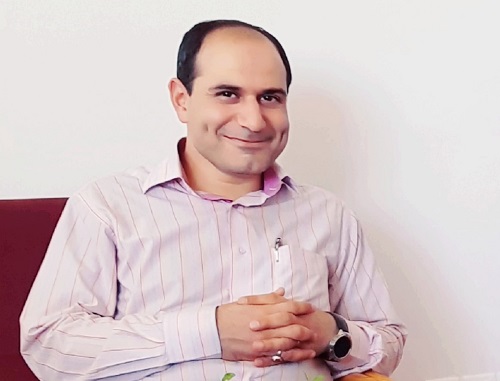Personal Profile
I have emotion; hence, I still a human, not a machine. According to Minsky, “The question is not whether intelligent machines have any emotions, but whether machines can be intelligent without any emotions.” It should be noted that many of researches conducted on artificial intelligence have been concentrated on rational aspects of decision making although emotions such as joy, distress, hope, fear, and anger play an important role in human behavior. Based on recent theories, the intelligence of a human cannot be measured using the Intelligence Quotient (IQ) test only. It should be noted that a successful seller, politician, teacher, surgeon, and religious leader has a high degree of Emotional Intelligence (EQ).
The machines are changing our emotional relationship with emotionless smart devices. My vision is to equip smart devices with emotions for a more humanized world. Since my background is software engineering; my researches are about designing and implementation of applications which they can sense and respond to emotional states of users without using extra hardware. In most of my researches, they sense emotions from the mouse, keyboard, touch screens, text inputs, and observational behavior of a user. Then a user model is created based on the user’s emotion, mood, personality, or/and culture to cope with negative emotions in a recommender or e-learning applications.
